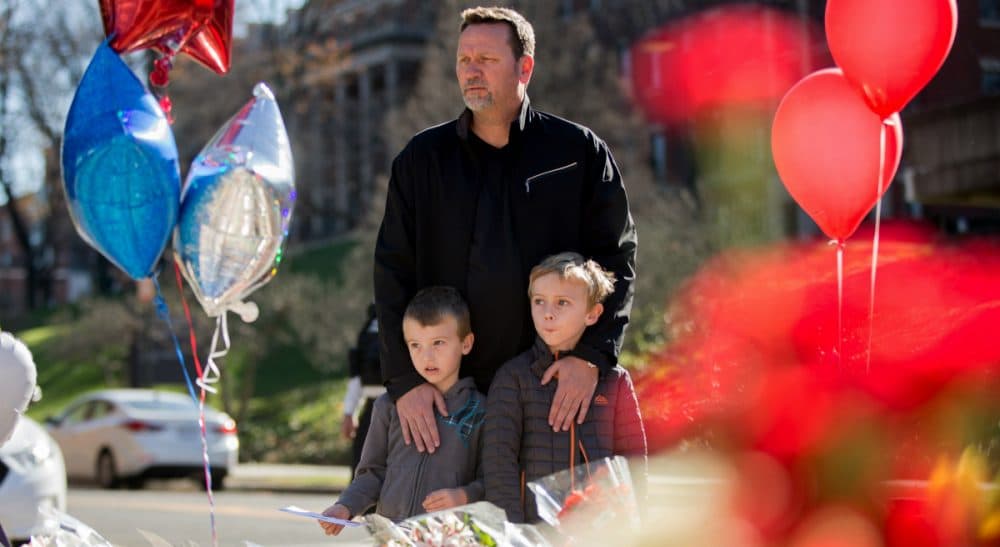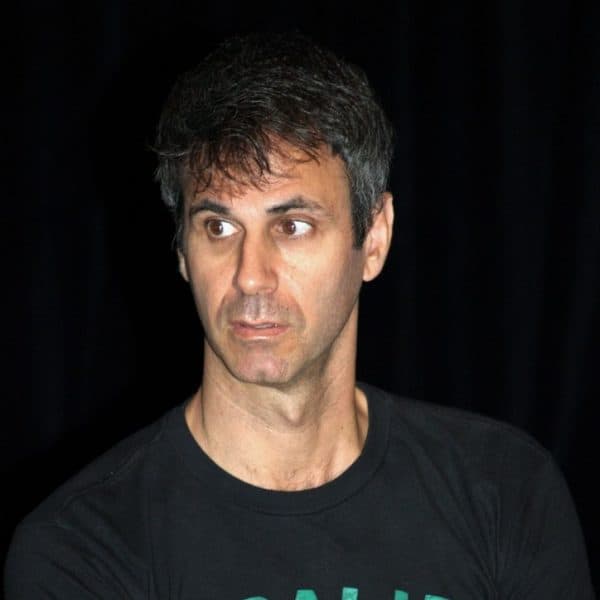Advertisement
Why I’m Not Talking To My Kids About The Paris Attacks

The standard operating procedure for events like the horrific attacks on Paris over the weekend is to consecrate them as giant public tragedies that must be mourned publicly.
Part of this mourning, we’re often told, involves telling our children, so that they can “process” the disaster.
I respectfully disagree.
I have three small children, ages 9, 7 and 2, and I have not yet said anything to them about these events. Nor do I plan to, unless one of my kids comes to me with questions or concerns.
I have three small children ... I have not yet said anything to them about these events. Nor do I plan to...
Why? Because, to be completely blunt, the attacks on Paris have very little to do with their lives. They themselves are not at risk. They don’t know anyone who was killed. They don’t even know exactly where Paris is.
I’m sure this will be interpreted by some readers as callous. But the fact is that thousands upon thousands of innocent people are dying every single day, of illness and malnutrition and civil violence. We don’t hear about most of these deaths, because they aren’t part of a coordinated attack whose central purpose is to terrorize.
The one thing that terrorists in this age can count on is that large-scale attacks of this kind will immediately be converted in even larger-scale media narratives, ones that will dominate the news cycle for days or even weeks.
Because most people have televisions in their homes, this means that these narratives are absorbed by everyone in the house, including the kids.
But my wife and I don’t have a television. We don’t watch the news. And though we do check news websites on our computers, this usually happens in our offices, out of earshot of the kids.
Advertisement
As a result, we’re generally spared the insane hype that accompanies terrorist attacks, which is so often shot through with fear-mongering bigotry and jingoistic propaganda. And so are our kids.
It’s certainly true that our kids might hear about the Paris attacks in school. And (to reiterate) if they come to us with questions and concerns, we’ll do our best to elicit what they’ve heard and calmly help them sort out their feelings.
But we have absolutely no interest in exposing our kids to the sort of panic-stricken coverage whose central aim is the profitable stoking of anxiety.
This is not to suggest that we’re raising our kids in some kind of bubble. They are well aware that large-scale tragedies exist in the world, some authored by misfortune and others by men.
They know that our charity of choice is Doctors Without Borders, and we’ve talked with them, in general terms, about the precincts of the world where that organization does its most important work.
they do tend to see large-scale catastrophes as occasions for sadness and empathy, rather than pervasive fear and anger.
This past April, they heard about the earthquake in Nepal that killed more than 9,000 people. I can’t remember how, exactly, but I imagine it was from discussions at school. Their response was to raise money for the victims by helping us with various chores.
Our kids aren’t little angels whose souls beam light unto the world. They can be just as bratty and selfish and entitled as any other kid.
But they do tend to see large-scale catastrophes as occasions for sadness and empathy, rather than pervasive fear and anger. I attribute this not to our brilliant parenting — we’re frankly as clueless as everyone else — but to the fact that we don’t expose them to television news. To put it simply: We don’t have to undo the histrionic panic sowed by mass media. Which leaves our kids free to respond to tragedy as their own conscience and compassion bids them.
